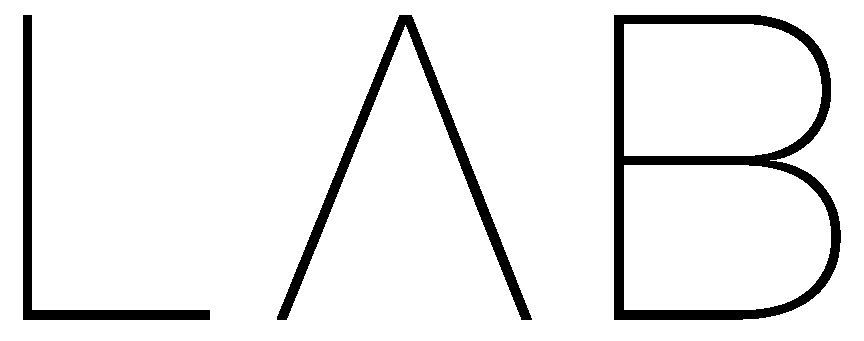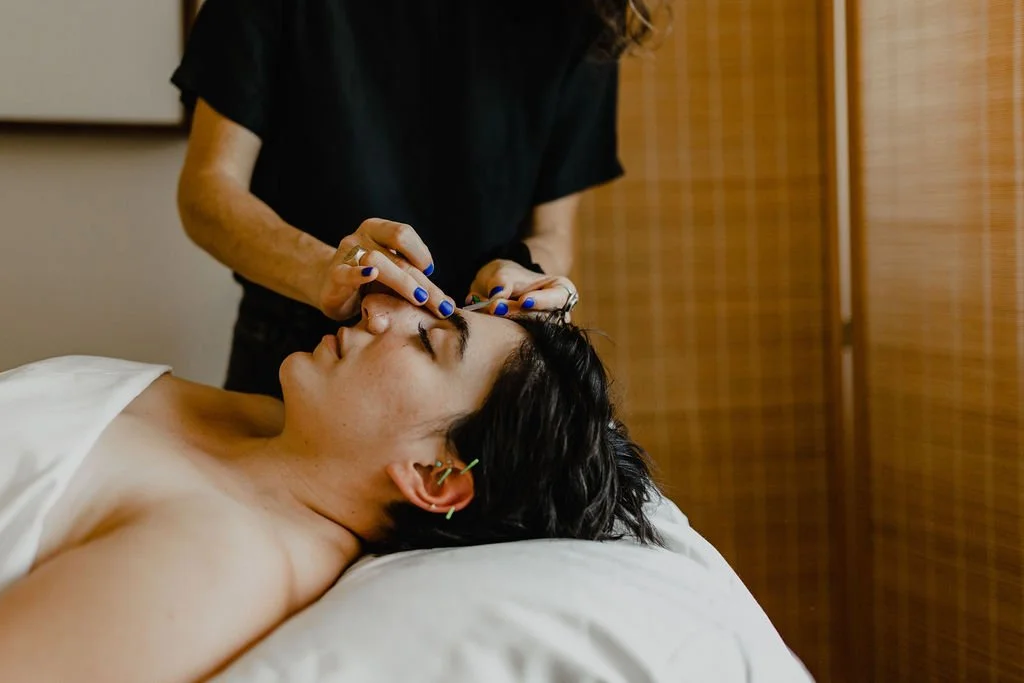Spring is Here: Practices for the Sneezy Season
BY NIKKI FLECK - MARCH 12, 2024
This year, the spring weather arrived earlier than ever, and with it comes the dreaded spring allergies. Today on the blog, we’re thrilled to welcome guest writer Nikki Fleck, owner of Perennial Acupuncture and Companion Medicine in South Minneapolis. Here are a few tips from your local acupuncturist and nutritional therapist on how to combat those pesky allergy symptoms.
Nikki is not only a Licensed Acupuncturist, Chinese Herbalist, and Nutritional Therapist, but she’s also a Collective Member! Every time we see Nikki, she has a tidbit of wise, thoughtful advice to offer on maintaining wellness and keeping in touch with the seasons, and so when she offered to provide us with tips for combating allergy season, we couldn’t wait to see what she shared.
Photo courtesy of Collette Rochelle
Photos courtesy of Kaboompics
“While many Minnesotans look forward to the budding of trees, flowers unfolding, and longer days, allergy sufferers meet Spring with apprehension. For people with allergies, spring is a cyclical promise of stuffy noses and sneezing, itchy eyes, headaches, and fatigue. Due to climate change, seasonal allergies have escalated in Minnesota, unfortunately extending the duration and severity of symptoms. Feeling low-grade ill for weeks on end isn’t fun for anyone. Still, many holistic therapies and lifestyle shifts can help alleviate symptoms, allowing us to embrace the sweet smells and vibrant colors spring provides.
Water
Shower at night and wash your bedding weekly with warm water. We spend a lot of time in our beds so it's wise to avoid pollen and dust accumulating in this sacred space. Staying hydrated is also important as our bodies produce high histamine levels when dehydrated. A general guideline is making sure you’re drinking half of your body weight in ounces. So if you weigh 200 lbs, you’ll want to drink 100 oz. of water throughout the day. From an East Asian Medicine perspective, we recommend warm beverages over ice cold.
Salt
Saltwater is both economical and an effective cleansing treatment that helps clear the sinus passageways. Using a natural saline spray, gargling salt water, or using a neti pot regularly are all great ideas during allergy season and feel fantastic. Salt is brilliant at breaking up mucus while clearing pollen and dust from the nasal passageways and back of the throat.
Rhythms
Set a reminder to change your HVAC filters, and vacuum and clean rugs regularly to keep your household pollen count low. Even though I’m a fan of fresh air, when the air aggravates your system you want to keep windows closed. You can also change your clothes and wash your face after being outside.
Get Poked
Acupuncture is great at alleviating allergy symptoms while also modulating the body's immune, nervous, and digestive systems which indirectly lowers allergic reactions, stress, and inflammation. Clinical studies have shown that certain acupuncture treatments for allergic rhinitis outperform many Western medicine interventions. Western medical interventions can be a useful bandaid, especially in a pinch, but long-term, frequent use may cause sinus irritation, dryness, digestive issues, drowsiness, and other complications. For allergy sufferers, I recommend scheduling one session weekly during peak pollen season.
Plant Medicine
Chinese herbal medicine is often used to alleviate aggravating symptoms while also addressing underlying imbalances in the body that contribute to allergic reactions. As an experienced herbalist, I personalize herbal prescriptions to address the patient's unique symptoms and underlying constitution. When used appropriately, Chinese herbal medicine is a safe alternative that addresses root causes contributing to symptoms. It's important to consult with a qualified practitioner before incorporating herbal therapy into your care routine.
Purify
If accessible, investing in a high-quality air purifier can help reduce triggers in the home such as mold, dust, pollen, and chemical irritants. Not all purifiers perform the same so take some time to research what option best suits your needs and space.
Nourish
Allergies trigger histamine responses in our bodies which contribute to the frustrating symptoms that make us feel cruddy. Histamine plays an important role in our bodies but sometimes goes overboard. Overconsuming foods that are high in histamine or mucus-forming is not ideal when allergens are high, like dairy, smoked meats, bananas, alcohol, tomatoes, and ultra-processed foods. It’s best to enjoy these foods in moderation or pause altogether during peak allergy season.
Connect
In East Asian Medicine the lungs and large intestines have a special relationship. This is why many people notice digestive changes during allergy season. Our large intestine in Chinese medicine directly relates to our sinus and lung health. (note: my patients experiencing constipation often have blocked or inflamed sinuses). Supporting optimal digestion through diet and acupuncture can greatly reduce uncomfortable symptoms.
Supplement
As allergy season approaches consider NAC (N-Acetyl-L-Cvsteine) to reduce symptoms and enhance immunity. NAC breaks up mucus, promotes detoxification, and protects against oxidative stress. You can get yours at the Perennial Pharmacy with a discount for LAB readers (linked here!) to get your supplement needs met while supporting local. Win, win!”
Nikki Fleck L.Ac, NTP
Licensed Acupuncturist, Chinese Herbalist and Nutritional therapist at Perennial Acupuncture and Companion Medicine in South Minneapolis
Book My Visit
Sources:
Xiong, P., Yuan, T., Xu, L., & Jia, B. (2020). Effect of acupuncture of sphenopalatine ganglion for the treatment of allergic rhinitis. Medicine, 99(47), e23286. doi: 10.1097/md.0000000000023286
Schapowal, A. (2004). Butterbur Ze339 for the Treatment of Intermittent Allergic Rhinitis. Archives Of Otolaryngology–Head & Neck Surgery, 130(12), 1381. doi: 10.1001/archotol.130.12.1381
Note: Information provided is for educational purposes only and should not be interpreted as medical advice. It is not intended to diagnose, treat, cure, or prevent any disease. Please speak with your healthcare provider before implementing changes to your healthcare routine.





